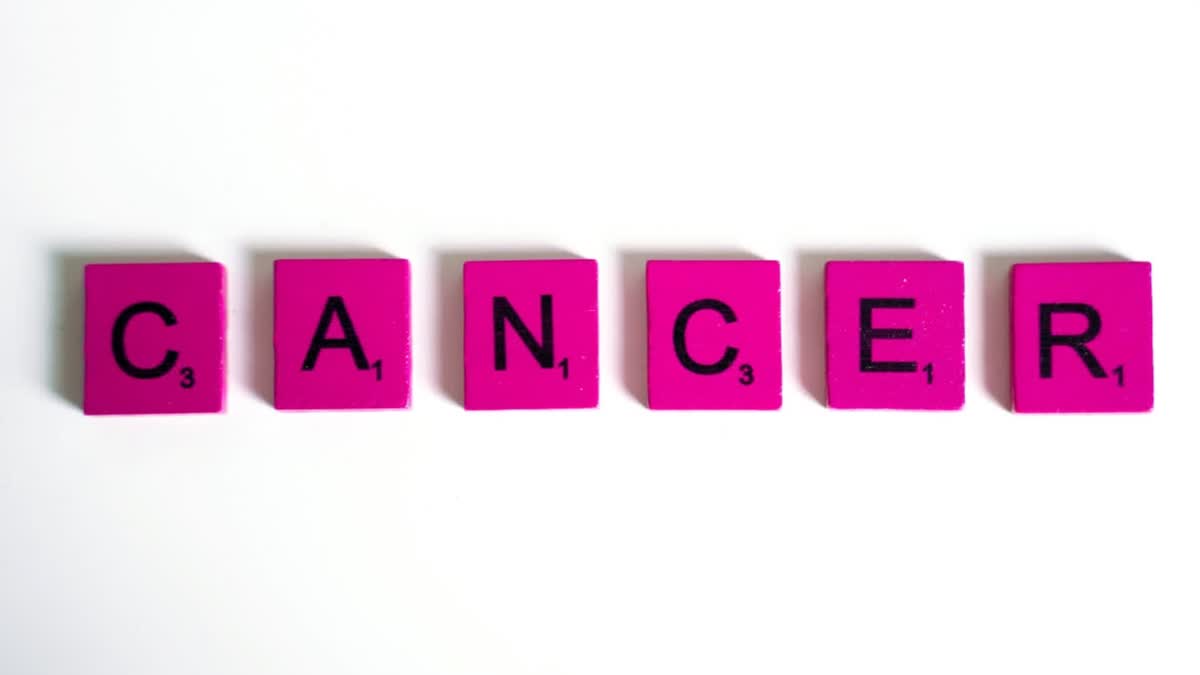Hyderabad: National Cancer Awareness Day is celebrated on 7th November to mark the anniversary of the renowned Nobel Prize laureate, Madame Curie. She is recognised for her ground-breaking discoveries, which have contributed immensely to the ongoing battle against cancer. The Day is dedicated to understanding the significance of the disease burden and its impact, and equally, underscoring the importance of early detection, which is essential to save lives.
Facts & Realities
With over 14, 00, 000 new cancers being diagnosed & over 8, 50, 000 deaths every year, the Cancer ‘tsunami’ in India has rapidly emerged to become a major public health concern. The real incidence of cancer is 1.5 to 3 times higher than the reported incidence, which is mainly due low population coverage of cancer registries (10%) and significant under diagnosis.
The Global Cancer Observatory (GLOBOCAN) projects that these figures are expected to double by 2040. According to the 2020 WHO ranking on cancer burden, India ranks at the third position after China and USA, respectively, in terms of new yearly cancer incidence being reported. The grim statistics from WHO reveal that 1 in 9 Indians will develop cancer in their lifetime and one in 15 will die of it.
What is even more alarming is that the incidence of cancer is increasing at a significantly faster rate when compared with other developing countries. India’s cancer incidence is estimated to be growing at a CAGR (Compound Annual Growth Rate) of 6.8% (2015 to 2020) which is significantly higher than other developing countries such as China (1.3%) (which has a comparable population size), Brazil (4.5%) and Indonesia (4.8%) as well as developed countries such as UK (4.4%).
Top three organs contributing to 50% of reported incidence in India are head & neck, breast and gastrointestinal cancers. Lung cancer is the most common cancer in men and Breast cancer is the most common cancer affecting women in India. Due to lack of awareness, absence of a robust nationwide screening programme, inadequate healthcare staffing/infrastructure, limited affordability, and most importantly, inequitable & poor access to care, over 70% of cancer patients in India present in advanced stages, with significantly higher mortality when compared with High-Income Countries. Many succumb to the illness within a year of being diagnosed.
Solutions
The diagnosis of cancer causes severe social, financial, physical, emotional, and psychological distress which impacts not just an individual but the entire family. It is therefore crucial to focus upon cancer prevention, ensure early detection & provide effective treatment. In fact, cancer prevention, screening and early diagnosis are the most cost-effective and efficacious measures to prevent and control the cancer burden in India.
Prevention
As per the most recent WHO report on cancer, approximately one-third to one-half of all cancers are preventable. Cancer prevention should be made an integral part of the cancer care, with active involvement of primary healthcare services and facilities. Primary Prevention must involve interventions that minimize exposure to carcinogens such as tobacco cessation, limiting alcohol consumption, maintaining a healthy diet, increased physical activity, reduced exposure to radiation and HPV vaccination.
The Ayushman Bharat Programme, which was launched by the Government of India in 2018 should be leveraged in this endeavour.
Also read:New flexible X-ray detectors may revolutionise cancer treatment: Study
Awareness
Creating awareness and empowering people is fundamental to ensure early detection, which is the key to saving more lives. For example, The Pink Ribbon Campaign launched by Ushalakshmi Breast Cancer Foundation, a not for profit Breast Cancer Charity in 2007 created the much needed awareness about the importance of early detection in the Telugu States and has successfully addressed the taboo associated ‘breast cancer’ through a number of innovative initiatives over the past 16 years.
This has resulted in transformative change to the mindsets, with increasing number of women over 40 years of age in the region presenting themselves for annual screening Mammograms. Whilst the government has banned direct advertisements for cigarettes and tobacco based products, surrogate advertising is still widely prevalent with several celebrities endorsing mouth fresheners, ‘elaichi’ and paan masala brands. There is an urgent need to curb this surrogate advertising through a robust implementable legislation.
